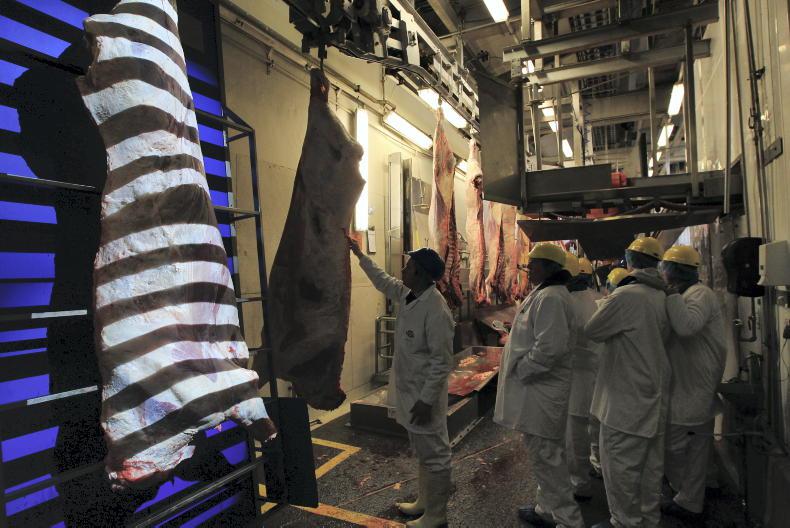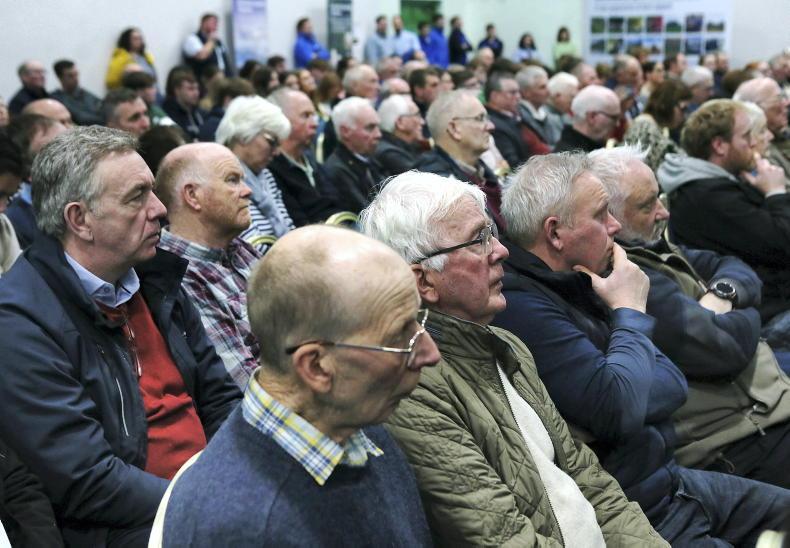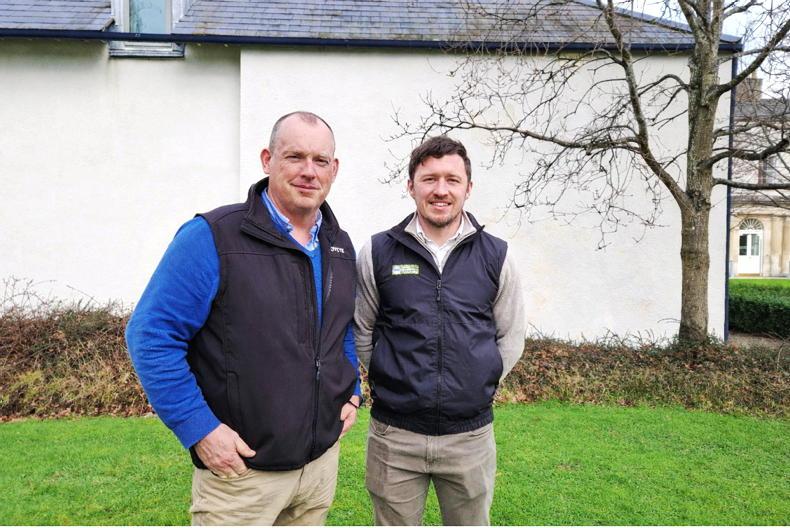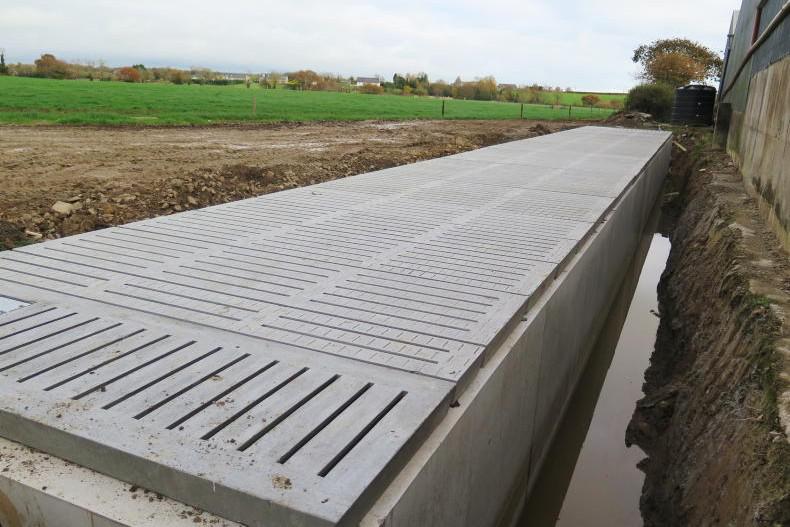Assuming a new Stormont executive is formed over the next few weeks, there will be a long list of issues put in front of an incoming DAERA minister.
On bovine TB, a different approach is urgently required, as the current system of testing cattle and removing reactors is just managing the problem, and won’t deliver eradication long-term.
A new minister will also have to give policy direction to civil servants on crucial schemes to replace EU direct payments. And not to be forgotten are the farmers in the northwest hit by floods in August 2017. While counterparts in Donegal were able to access an aid package from the Irish government worth up to €15,000 per farm, there was no minister in NI to sign-off on a similar scheme.
However, one of the other top issues likely to be presented to a new DAERA minister is around ammonia emissions, with a consultation due this spring on an action plan for NI.
Changes
With agriculture accounting for over 90% of total ammonia emissions in NI, and the NI Environment Agency (NIEA) pointing out that most protected areas and priority habitats are receiving too much nitrogen (from ammonia), changes in farming practices are required.
The first moves have already been introduced via the new Nutrients Action Programme agreed with the European Commission in 2019. It includes requirements to spread digestate from AD plants using low-emission spreading equipment (dribble bars, etc.) from this February, all slurry contractors to use this equipment from 2021, and large farms (over 200 livestock units) from 2022.
Controls
However, we can expect more controls down the line that will ultimately impact on all farmers.
In the meantime, it is hoped that a new minister might sign off on a grant scheme to help farmers purchase new slurry spreading equipment. Remember it isn’t that long ago that farmers were promised up to £250m from Stormont to deliver “Going for Growth”. Only a fraction of that money (around £30m) has come to date.
Read more
DAERA rules out new Tier I tranche
Fencing scheme stalled two years after floods
New slurry rules in NI during 2020
Assuming a new Stormont executive is formed over the next few weeks, there will be a long list of issues put in front of an incoming DAERA minister.
On bovine TB, a different approach is urgently required, as the current system of testing cattle and removing reactors is just managing the problem, and won’t deliver eradication long-term.
A new minister will also have to give policy direction to civil servants on crucial schemes to replace EU direct payments. And not to be forgotten are the farmers in the northwest hit by floods in August 2017. While counterparts in Donegal were able to access an aid package from the Irish government worth up to €15,000 per farm, there was no minister in NI to sign-off on a similar scheme.
However, one of the other top issues likely to be presented to a new DAERA minister is around ammonia emissions, with a consultation due this spring on an action plan for NI.
Changes
With agriculture accounting for over 90% of total ammonia emissions in NI, and the NI Environment Agency (NIEA) pointing out that most protected areas and priority habitats are receiving too much nitrogen (from ammonia), changes in farming practices are required.
The first moves have already been introduced via the new Nutrients Action Programme agreed with the European Commission in 2019. It includes requirements to spread digestate from AD plants using low-emission spreading equipment (dribble bars, etc.) from this February, all slurry contractors to use this equipment from 2021, and large farms (over 200 livestock units) from 2022.
Controls
However, we can expect more controls down the line that will ultimately impact on all farmers.
In the meantime, it is hoped that a new minister might sign off on a grant scheme to help farmers purchase new slurry spreading equipment. Remember it isn’t that long ago that farmers were promised up to £250m from Stormont to deliver “Going for Growth”. Only a fraction of that money (around £30m) has come to date.
Read more
DAERA rules out new Tier I tranche
Fencing scheme stalled two years after floods
New slurry rules in NI during 2020










SHARING OPTIONS